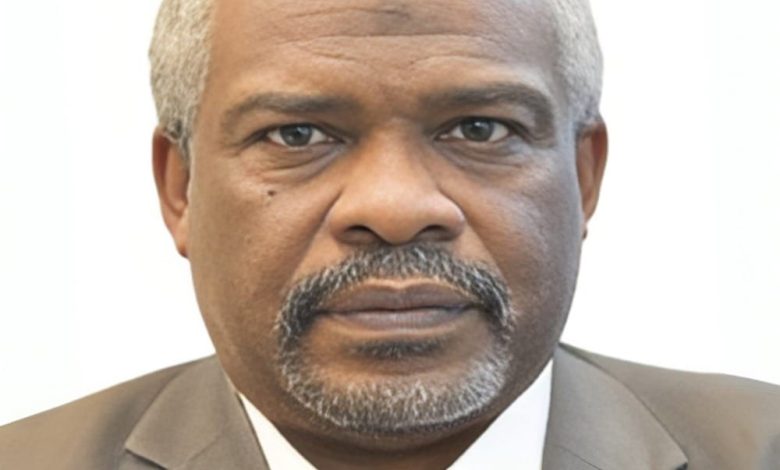An Economist Calls for Evaluation of the Privatization Experience

Sudan Events – Nahid Oshi
Economic and financial expert Dr. Alallah Abdul-Razzaq has called for evaluating the experience of privatization that was implemented in Sudan since the beginning of the nineties of the last century as a mechanism of economic liberalization policies.
He said, “The experience must be evaluated and the negatives that accompanied it must be avoided, while taking into account the need to benefit from the lessons of that experience, which is to carefully choose tools and policies between the more comprehensive tools and selling the shares of these state-owned institutions to workers and choosing to reorganize the public institution and divide it into small branches.” .
He added, in his statement to (Sudan Events) he said that the influential elements in choosing the means related to the goal of the state’s exit from these institutions should be taken into account. In order for the state to succeed and achieve the goals of the state’s exit from public productive institutions, an economic environment that is attractive to the private sector must be provided by controlling inflation rates and stabilizing Exchange rate prices and other economic indicators.
He revealed the mistakes of the privatization experience, where the sale or transfer of ownership to the private sector was done without adequate studies, and ill-considered and often improvised decisions and the lack of consultation led to the transfer of many institutions to the private sector at less than their market price to a group of friends of the government, considering that a gateway to corruption, bribery, and unethical practices.”
Alallah warned that the transition to the private sector must be gradual in completing the processes of the state’s exit from economic activity, which leads to positive results in all aspects. He said, on the other hand, that haste leads to many failures in achieving the desired goals.
He called for ensuring the private sector’s financial capabilities, capabilities, and competence, as well as the technical conditions, and said that they were important conditions for success in reducing the financial imbalance that the general budget continued to suffer from. He called for launching individual economic and social initiatives without removing restrictions on launching collective initiatives, and added, “There is no way to achieve the goal of the state’s exit from production institutions.”



